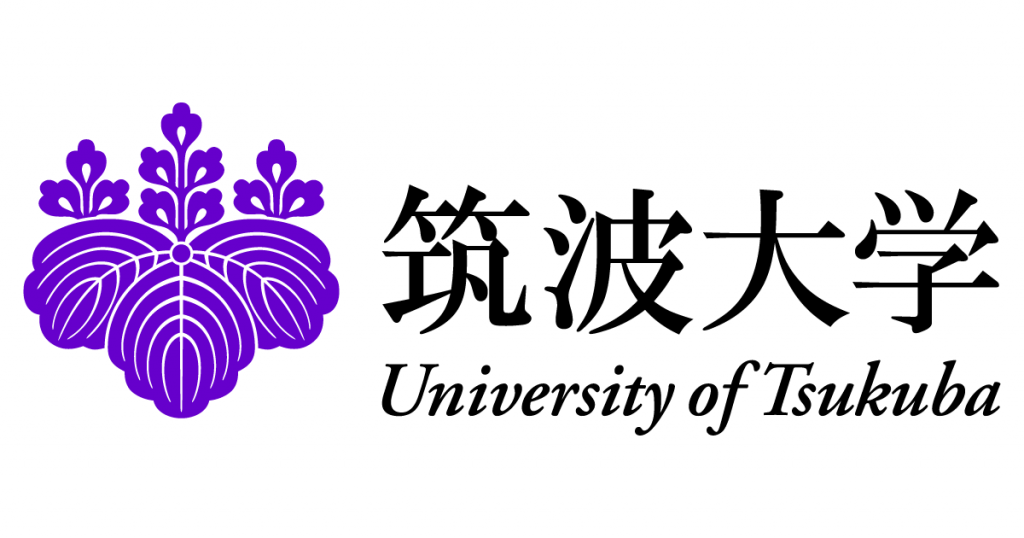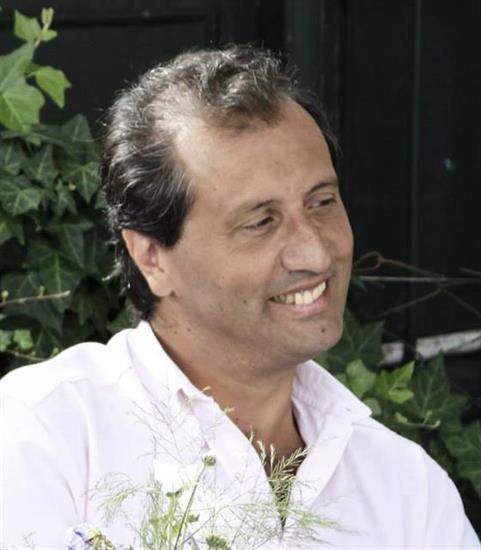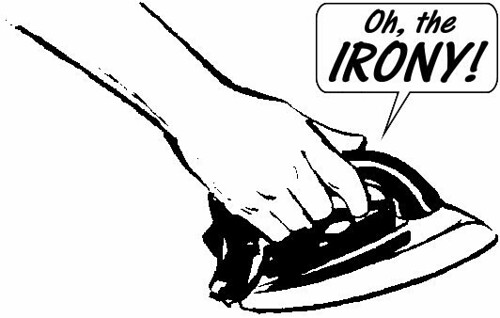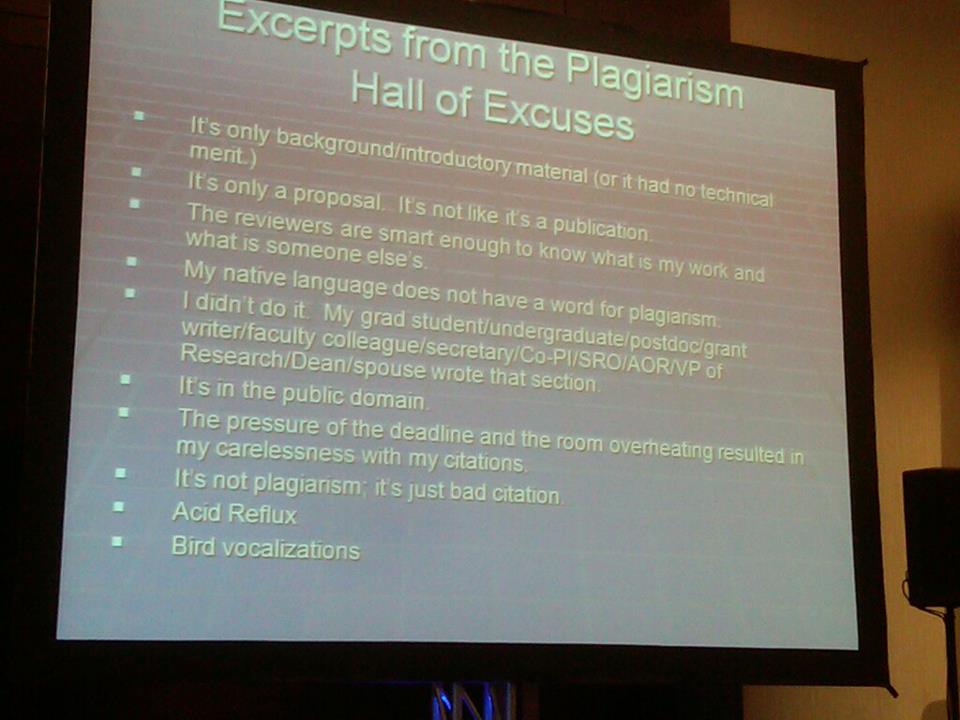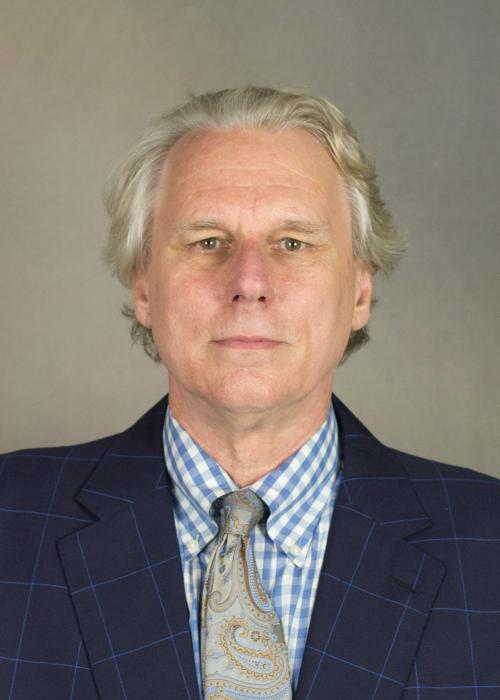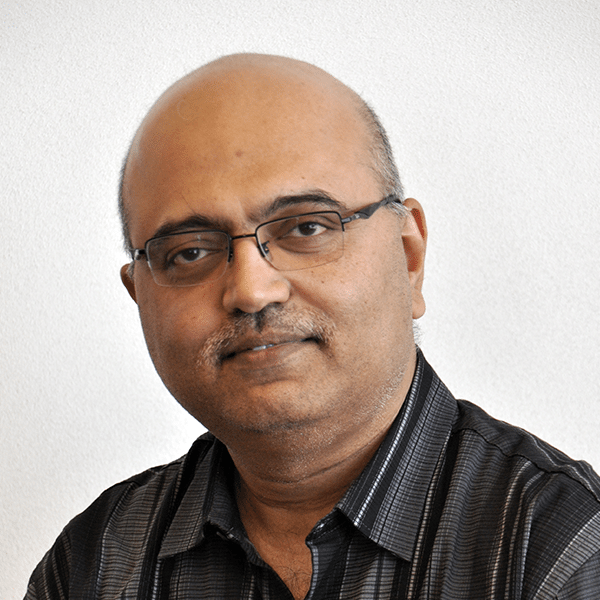The periodic table is, as a recent book notes, a guide to nature’s building blocks. But the building blocks of said book appear to have been passages from Wikipedia.
The book, The Periodic Table: Nature’s Building Blocks: An Introduction to the Naturally Occurring Elements, Their Origins and Their Uses, was published by Elsevier last year. But in December, Tom Rauchfuss, of the University of Illinois Urbana-Champaign, “tipped off by an Finnish editor on Wikipedia,” alerted the authors and Elsevier about the apparent plagiarism from the online encyclopedia.
On January 6, an Elsevier representative told Rauchfuss:
Continue reading Elsevier retracts entire book that plagiarized heavily from Wikipedia
